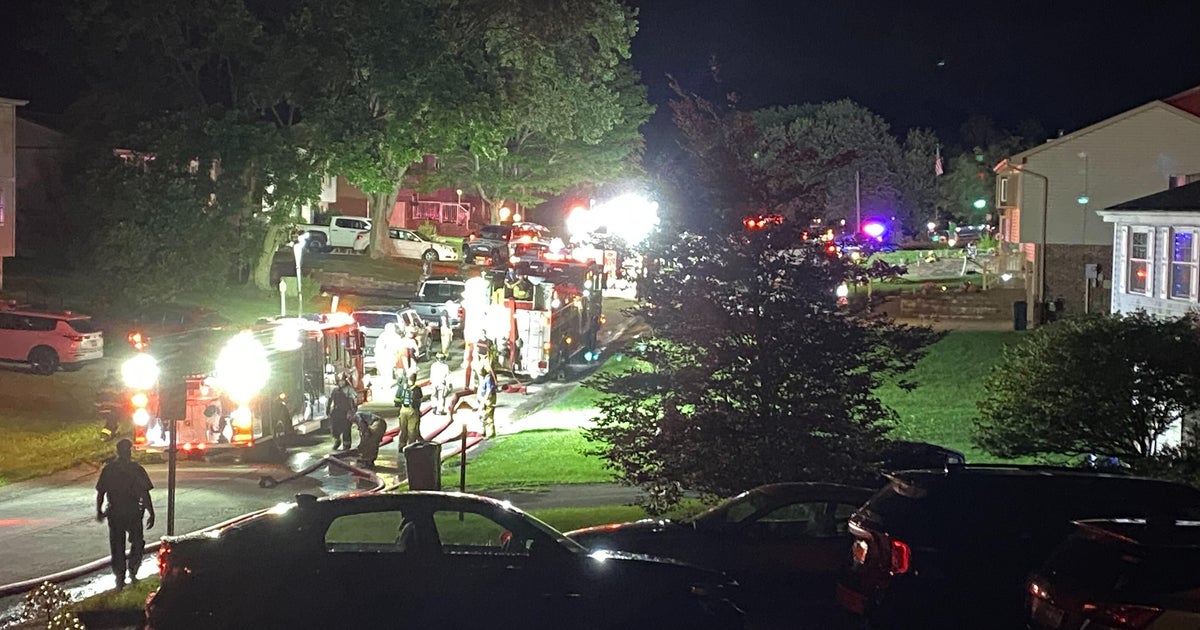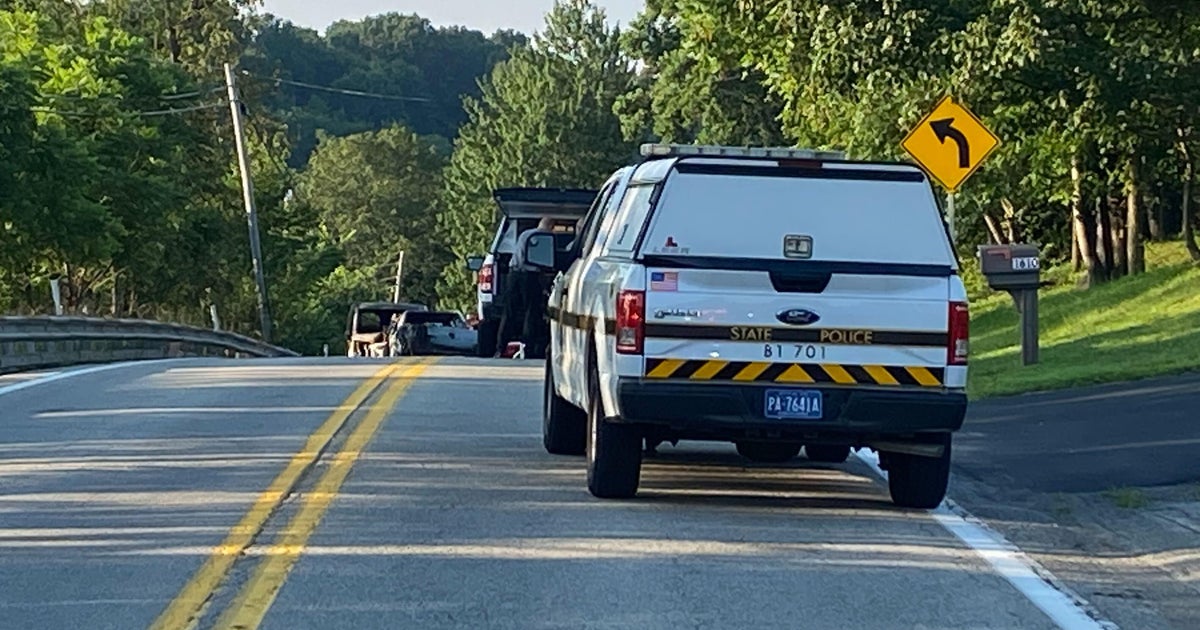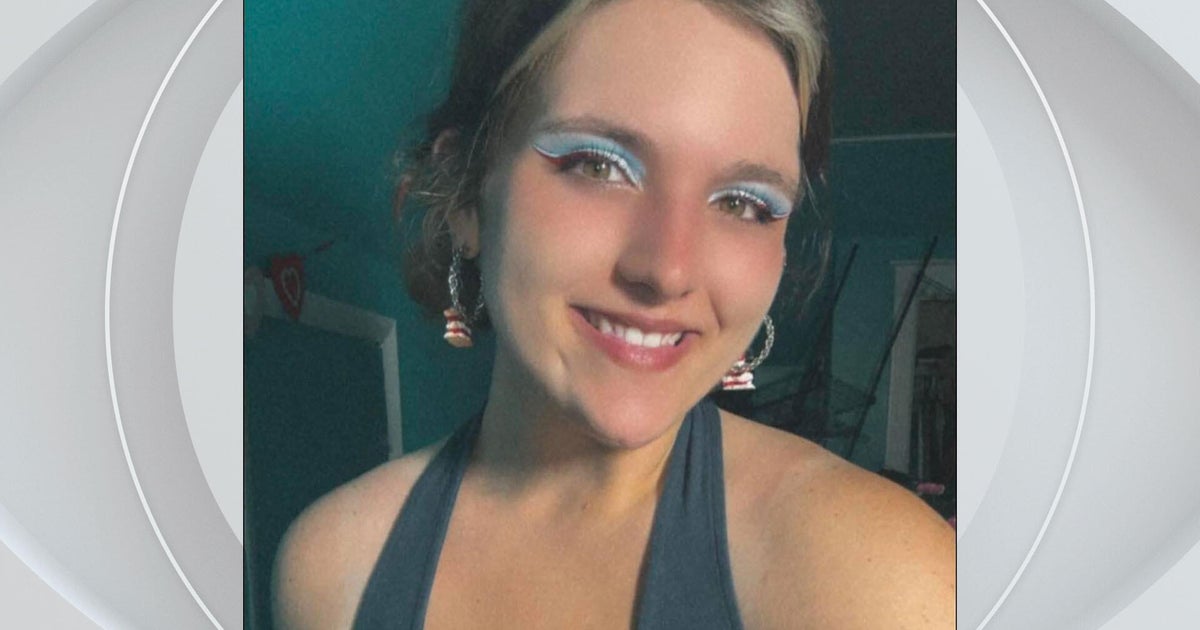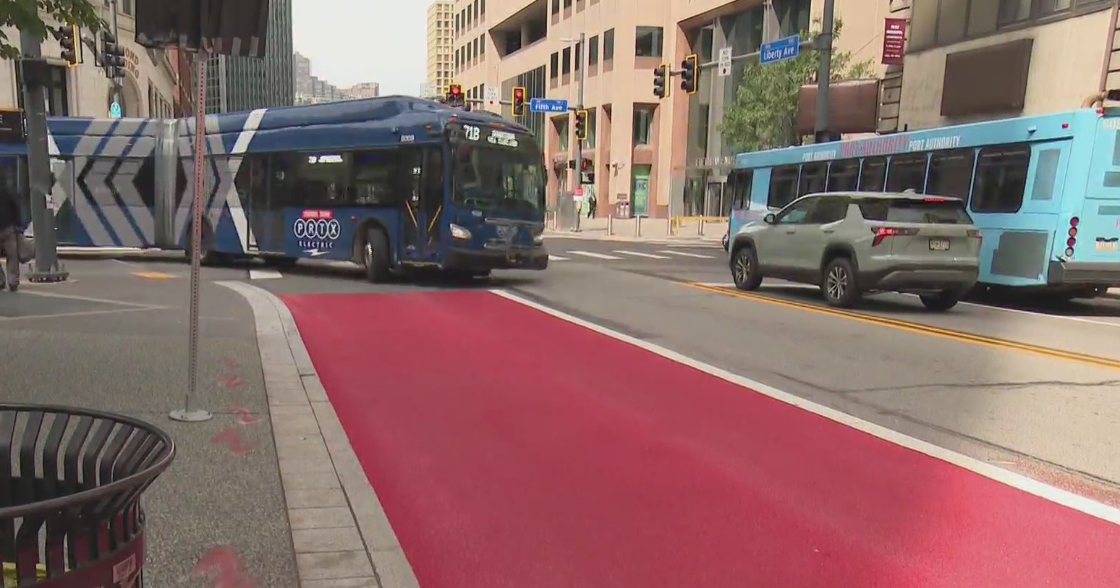Riding Along With Ross/West View EMS
ROSS TOWNSHIP (KDKA) -- What really happens during the day for a paramedic?
KDKA's Dr. Maria Simbra went along for a ride with Ross/West View Emergency Medical Services.
"The folks that work here sincerely care about what they do. They enjoy their job. And they're proud to do it. They like doing it.
"It's not money-driven. They come to work in the evenings, overnights, weekends, holidays, when it's raining, snowing, it doesn't matter. They're here," Chief Greg Porter of the Ross/West View Emergency Medical Services said.
A call comes over the intercom about a nursing home employee in trouble. The dispatcher was trying to get more information.
On this ride along, paramedics show they have to be ready for anything.
"We pride ourselves on taking medical care to the patient regardless of what their situation is, where they are," says Porter.
"You kind of think what you're going to bring into the nursing home with you, what you might need, go through the call in your head," says one young paramedic on duty
Turns out, it's not an employee, but a nursing home resident with swollen legs.
"God morning ma'am, current inbound to your location, 92-year-old female from a local nursing home," says the paramedic on the phone to the receiving hospital. "She'd been having problems, had a fall on Saturday, striking her left knee, today she has pain 10/10 throughout her left leg."
There's another call for someone with chest pain. The paramedics get more details, start oxygen, check vitals and her heart.
A standard part of a chest pain call is an EKG. These can be transmitted by cell phone these days. Basically what they're looking for on the tracing are abnormalities that pinpoint which part of the heart is under stress.
And then, a challenge here is getting her down the steps to the ambulance. Luckily, they have a special piece of equipment.
Another special piece of equipment is the truck but first, it has to get through traffic to get to the scene.
"Who's going to pull to the right and stop like they're supposed to, who's going to pull to the left and stop, who's going to ignore us and keep going?" Porter wonders. "Newer cars today have very soundproof windows, so who's going to hear us when with the sirens?"
The truck contains all the tools needed to get someone out of a wreck.
"We'll think about what are the reports of injuries, what kind of vehicles were involved, what might we find when we get there, what time of day is it, what's the weather like, where's it at, as far as a highway, residential street," he lists. "So there's a ton of things that go through your head."
"Now 60 percent of all the calls that go into 911 are via cell phone," he continues. "We understand that they're very good intentioned people, but driving by an accident and saying you saw an accident isn't necessarily good unless you can tell us how many cars are involved, are there trucks involved, what type of injuries are there, or are there any injuries at all, can people get out of the car? Or not get out of their cars?"
The initial information they had was wrong.
"There was an accident with an injury, but no hazards, nobody was trapped. And obviously we arrived there, and found that situation to be different. Somebody was trapped in a vehicle," says Porter. "And any time you have a large vehicle, whether it has cargo that's concerning or not, just the size of the vehicle is, we consider a hazard."
With the patient safely delivered to the hospital...the emergency call is done. But preparing for the future is never finished.
"How we get our money is assumed to be from tax subsidies, and in many cases, that's not true. We rely directly on third-party billing to insurance companies and Medicare, and as the government cuts those Medicare programs, that has a direct impact on how we provide the services we provide," explains Porter.
"It could come to a point where we have to cut services, or have a longer response time, or pay people less, or eliminate jobs, and we're hopeful that that's never a situation that we're faced with."
RELATED LINKS
Ross/West View Emergency Medical Services
More Reports By Dr. Maria Simbra



